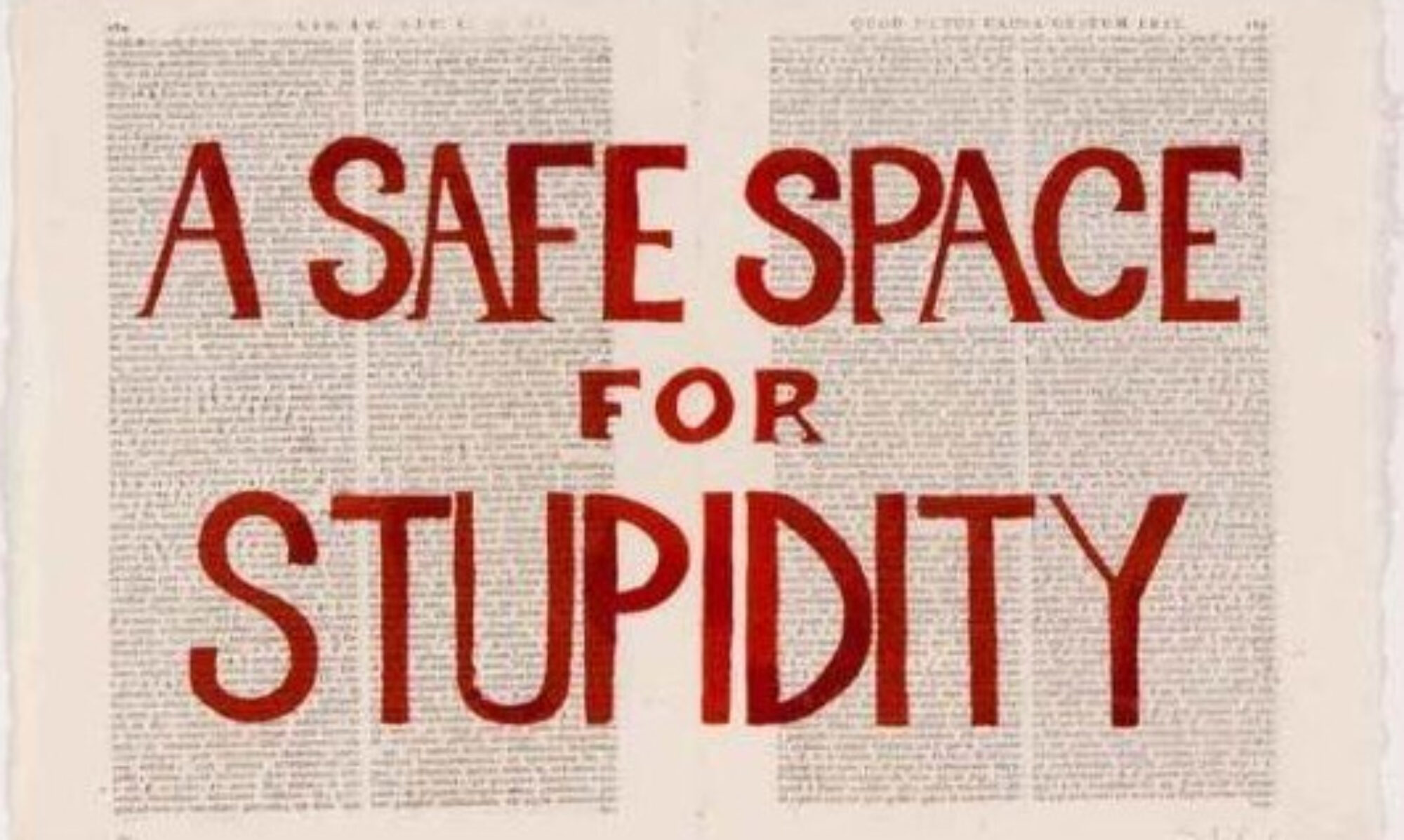In the fuss over Sajid Javid’s support for an oath of loyalty to `British values’ to be taken by public servants, it is worth having a look at what the Casey Review actually proposes. It has recommendations for two oaths. One would be taken by public servants:
Recommendation 12:
We expect the highest standards in all civic leaders in selflessness and integrity, so too we should expect all in public office to uphold the fundamental British values of democracy, the rule of law, individual liberty and mutual respect for and tolerance of those with different faiths and beliefs and for those without faith. The Government should work with the Committee for Standards in Public life to ensure these values are enshrined in the principles of public life, including a new oath for holders of public office.
Quite rightly, this has raised objections, though Diane Abbot is missing the point when she says that “I have nothing against it in principle, but it will not make a difference to the problems of radicalisation, or integration. I don’t think the oath will make any verifiable difference.” It is wrong in principle, and should be objected to on principle. Nothing more should be demanded of any office holder than that they do their job competently and honestly. Anything else is a matter for the law, and not for some performance of acquiescence to the state. Of course, such an oath will make a verifiable difference, like loyalty oaths everywhere: it will intimidate the dissident and produce a climate in which people will fear for their livelihoods if they say the wrong thing. Incidentally, given that members of the Royal Navy and Royal Marines do not swear an oath of allegiance, this would be setting a higher bar for “elected officials, civil servants, council workers, and BBC and NHS employees” than for an Admiral of the Fleet.
The second recommendation has been less-widely discussed but is equally disturbing. It would require newly arrived immigrants to swear an oath on arrival, merely in order to remain in the country.
Recommendation 6:
The Government should also review the route to full British Citizenship, which is of huge national, cultural and symbolic value. The Government should look at what is required for British citizenship, as opposed to leave to remain, and
separately consider an Oath of Integration with British Values and Society on arrival, rather than awaiting a final citizenship test.
A citizen of another country would be required to swear an oath merely to live in the United Kingdom. This goes beyond any undertaking to obey the laws of their country of residence, or to learn the language, or know something of the culture. It is a demand for a performance of loyalty and acquiescence which can only have the effect of insulting and demeaning people newly arrived in this country and intimidating them into renouncing the exercise of basic civil and human rights.
